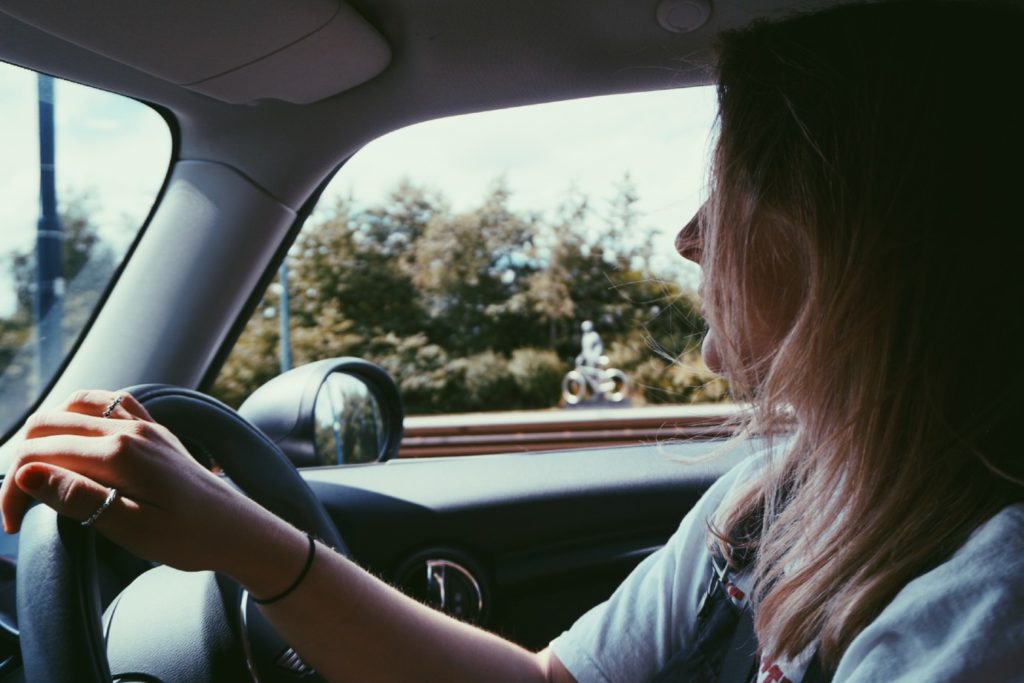On Friday morning last week I got the call I’d been waiting for. The magical drug that keeps my rheumatoid arthritis in check was finally back in stock. After too many weeks unexpectedly back in unbearable pain I couldn’t get in the car fast enough and I bundled my three daughters with me for the drive across Sydney to see the specialist.
They were brimming with excitement too, though less, I think, buoyed by the prospect of pharmaceutical relief than the prospect of seeing actual people in a place other than our house.
“Can we even get out of the car?” my eldest asked with the kind of enthusiasm that might, in other times, be reserved for a trip to a theme park or a beach holiday with their cousins.
‘Oh yes we can!’ I said, sliding into the driver’s seat, lifted by their excitement. Legitimate grounds for an outing could not have been more welcome.
Just moments before my phone had rung, we were engaged, once again, in a hostile battle about what school work needed to be completed and when. In an adult-version of blocking my ears and saying ‘lalalala’ I had, very literally, resorted to lying on the living room floor with our youngest, pillows covering our heads, in a bid to momentarily ignore my responsibilities.
I said from the very start of this pandemic that I wouldn’t try to replicate a classroom experience at home. I’m not a teacher and nor is my husband. These aren’t ordinary times.
Our household response to the kids being home from school has not been to rigorously pursue academic excellence. But notwithstanding a deliberate decision to promote survival as the fundamental objective rather than a strict educational regime it has been hairy and hostile and more than a little soul-sapping.
Even with so many middle-class trimmings and the comfort of privilege it’s felt taxing.
The reasons vary and certainly being in the throes of pain hasn’t helped. Some days it’s been technology that has tipped one, or more, of us over the edge. On other days the prickles have emerged from frustration at a particularly demanding maths worksheet, a hard-to-decipher English task or even just the pressure of a class Zoom call. Occasionally it’s been a sister breathing the wrong way at the wrong time or, more often, me having the audacity to ask someone to complete a particular task.
It’s all compounded, obviously, by the fact there’s been very little chance to escape. But it wasn’t until I was happily ensconced in the car, with the girls taking turns picking songs, chatting away, that it dawned on me exactly what I was missing most.
I miss just being a mum. In the car I was just being mum. One job. Not having to simultaneously parent/teach/work/feed/resolve disputes felt thrilling. I was flooded with relief at the reminder that being a parent is something that brings me actual joy. In the fog of the frustration that had got a little lost.
Before lock down there were times, of course, where the lines between work and family were blurred but that was the exception not the rule. I worked at an office. The girls attended school and daycare. When we were home together my role was, predominately, parent.
This pandemic has blurred so many of the lines that I now know made our family life so much easier. It has been a strange social experiment of sorts in our house, in the same way it has, I’d guess, in virtually every household around the world.
Gaining perspectives from families in this unique time, with a view to shaping the recovery out, is what the Australian Institute of Family Studies is seeking to achieve through its new national survey.
“We want to tap into what’s happening in families right now,” AIFS Director Anne Hollonds says. “We have heard a lot about how business and government have needed to ‘pivot’ but families have also been adapting and adjusting quietly this whole time too.”
While there have been snippets of the good and the bad in families portrayed in the media Hollonds says getting “a more complete picture” from across the country is critical to inform decision makers to ensure families can be supported through the next period of recovery and into the future.
“This is the first time we’ve gone straight to everyday families on this scale,” Hollonds says. “We want to find out how the patterns of life have changed for families and give them a ‘voice’ in the recovery. We need to know how this once-in-a-lifetime event has impacted Australians’ everyday lives, so the government and service providers know what support people really need.”
Hearing from as many families as possible will make the data rich and informative – and valuable.
“There is a vast range of different experiences for families. Some are really struggling, some relationships are ending because of the pressure of being cooped up,” Hollonds says. “But at the other end of the spectrum, in positive news, some families have used this time to rethink how their lives are, how they do stuff at home, how they share domestic duties or not and there’s been a reconfiguring of responsibilities at home.”
Certainly Hollonds has heard many Dads are really liking the juggle and may seek to continue working more flexibly beyond the virus.
“We also want to track the findings so we’ll go back in 2-3 months to follow up,” Hollonds says. “We want to get a picture that allows the fragmented and patchy services out there to be improved.”


